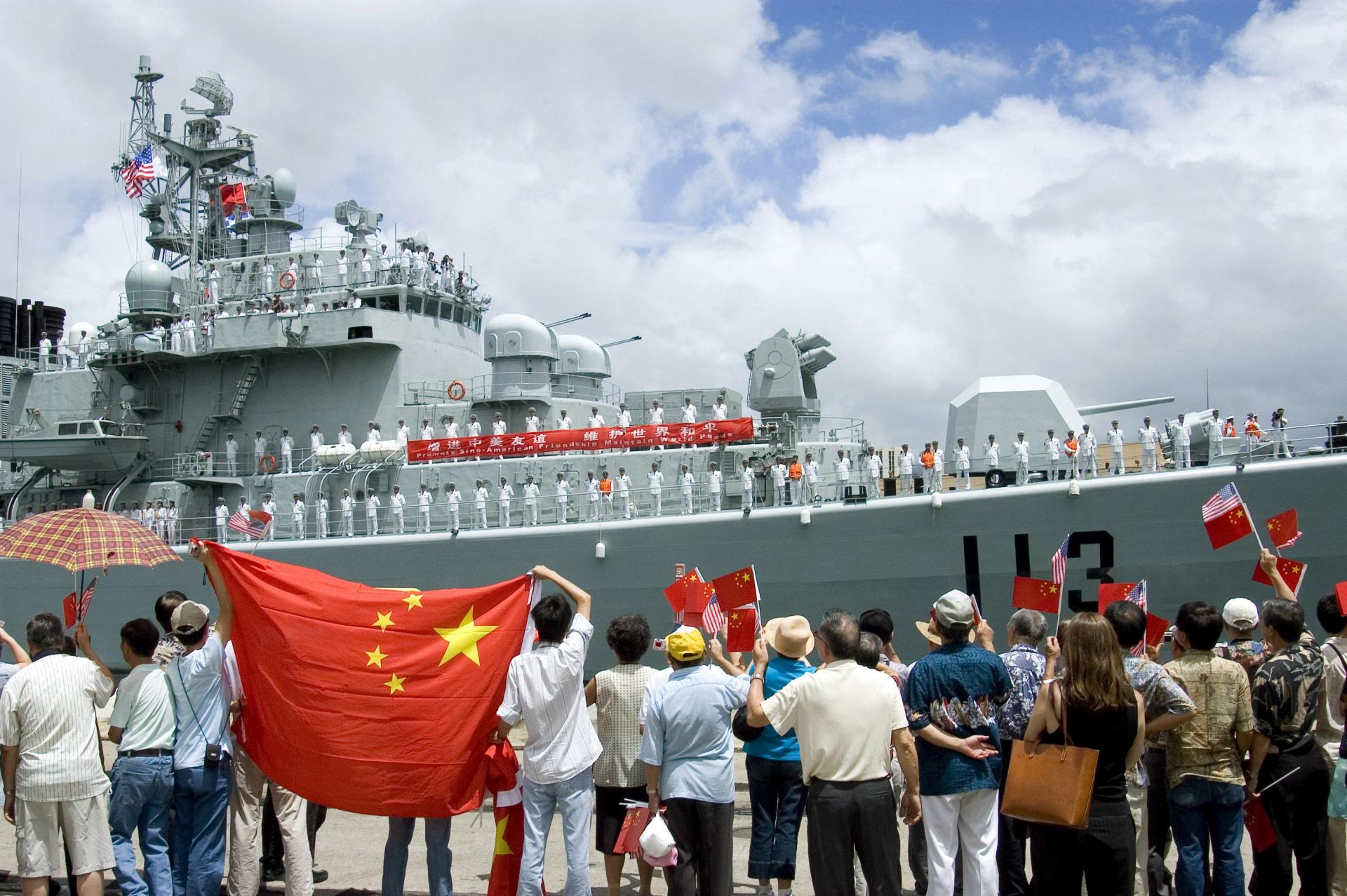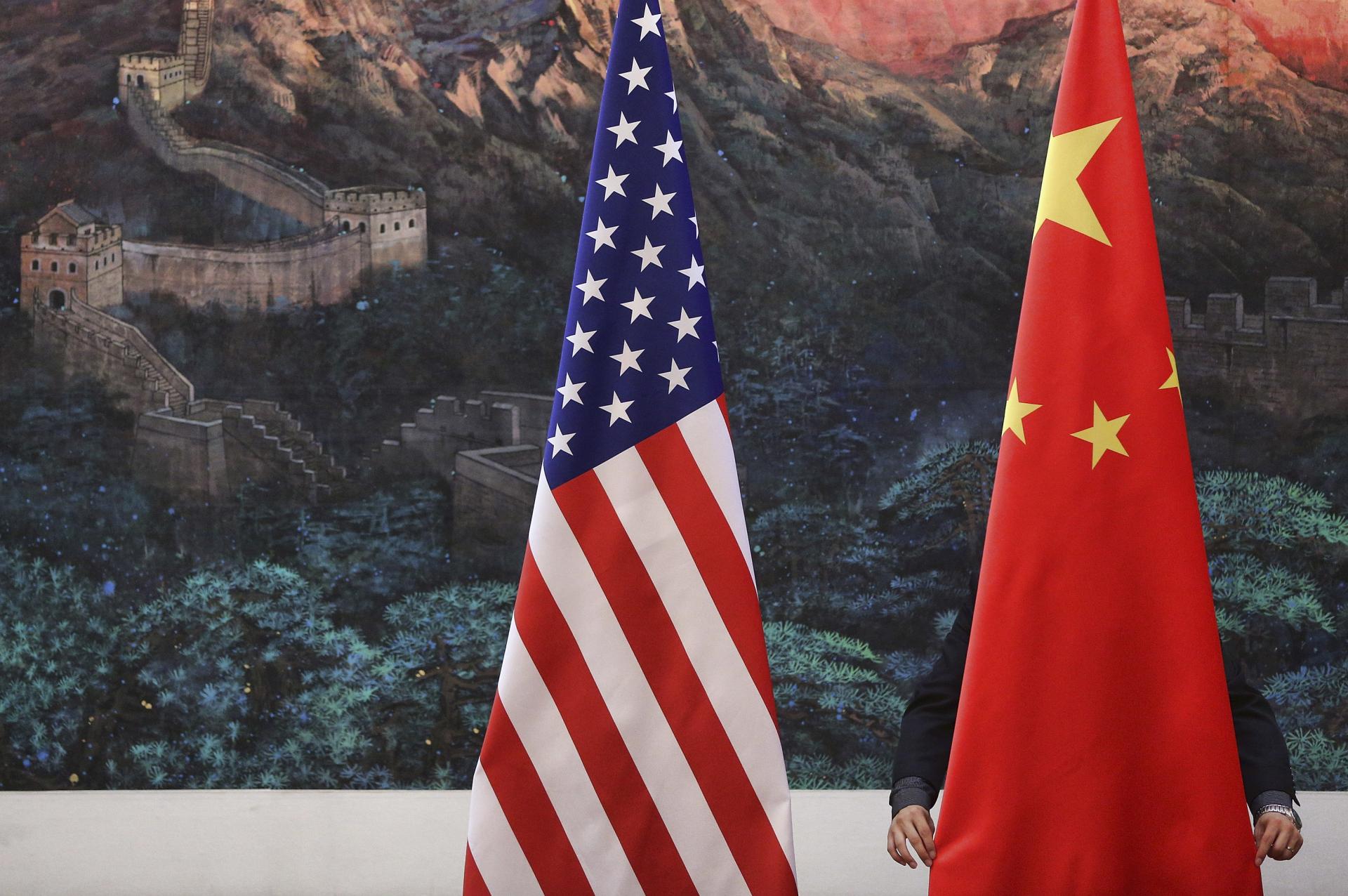Southeast Asian nations Monday ducked direct criticism of Beijing over its claims to the South China Sea, in a diluted statement produced after days of disagreement that gives the superpower a diplomatic victory.
The 10-member Association of Southeast Asian Nations (ASEAN) avoided mention of a ruling by a UN-backed tribunal in early July that rejected China’s territorial claims and infuriated Beijing.
Instead, ASEAN, gathered in the Laos capital Vientiane for the first time since the ruling, called for “self-restraint” from all parties in the strategic waterway in a soft statement that edged away from a showdown with regional powerhouse China.
The contested sea, through which some $5 trillion in shipping passes annually, has been a source of increasing tension between China and its Southeast Asian neighbors along with the United States.
The Philippines launched the legal challenge against China which claims vast swathes of the waters, including areas approaching its coasts and other Southeast Asian nations.
Three other members of the bloc — Vietnam, Malaysia and Brunei — also have competing claims with Beijing over parts of the South China Sea.
But the statement that finally emerged after days of wrangling has exposed deep divisions within the regional grouping.
With the bloc faltering in its response to the region’s major security challenge of the day, analysts say it risks becoming a talking shop lacking in diplomatic clout.
Staunch Beijing ally Cambodia has been accused of scuppering efforts by the bloc to unite in a call for China to abide by the tribunal’s verdict.
While most members want to keep pressure on China over its campaign of island-building in the contested water, they are wary of angering such a vital trading partner.
“With Cambodia marching to its own drum the erosion of ASEAN solidarity is on display for all to see,” regional expert Carl Thayer told AFP.
Beijing wins the day
Asked if Monday’s statement had been watered down one diplomat involved in the talks simply said “we had to come out with a statement,” adding “we don’t want the world to say that ASEAN is in disarray.”
The decision is a boon to China and it quickly praised Cambodia — to whom it ladles out aid and loans — for holding out against fellow members.
Beijing also thanked other staunch ally Laos for remaining “objective” during discussions.
At a press conference after the statement was issued, Wang said regional leaders had “made it very clear that ASEAN does not take sides on the arbitration case or the so called ruling”.
He also accused countries outside the region of “keeping the temperature high” over the sea, a clear rebuke to the United States.
After meeting Wang for talks late Monday Kerry remained upbeat describing the US relationship with China as “the most consequential bilateral relationship on the globe”.
“We have differences… and we work to manage those differences,” he added.
The US says it takes no position on the territorial disputes but argues for free sea and air passage through what it considers international waters.
It has called on Beijing to accept the tribunal ruling.
Earlier speaking to Southeast Asian ministers Kerry said the US would continue to push “a rules-based international system that protects the rights of all nations whether big or small”.
Tensions on the Korean peninsula are also likely high on the agenda for both China and the US.
Pyongyang carried out its fourth nuclear test in January, followed by a series of ballistic missile tests including one last Tuesday.
In response Seoul announced plans to host a US missile defence system on its territory, sparking fury in Pyongyang and concern in Beijing.
North Korea’s newly minted Foreign Minister Ri Yong-Ho is attending the Laos gathering, a rare moment at which senior officials from Washington, Beijing and Pyongyang will be in the same room.
Earlier in the day he met with Wang on the sidelines of the meeting.
However, Washington has played down the likelihood of talks between the two countries during the summit.











